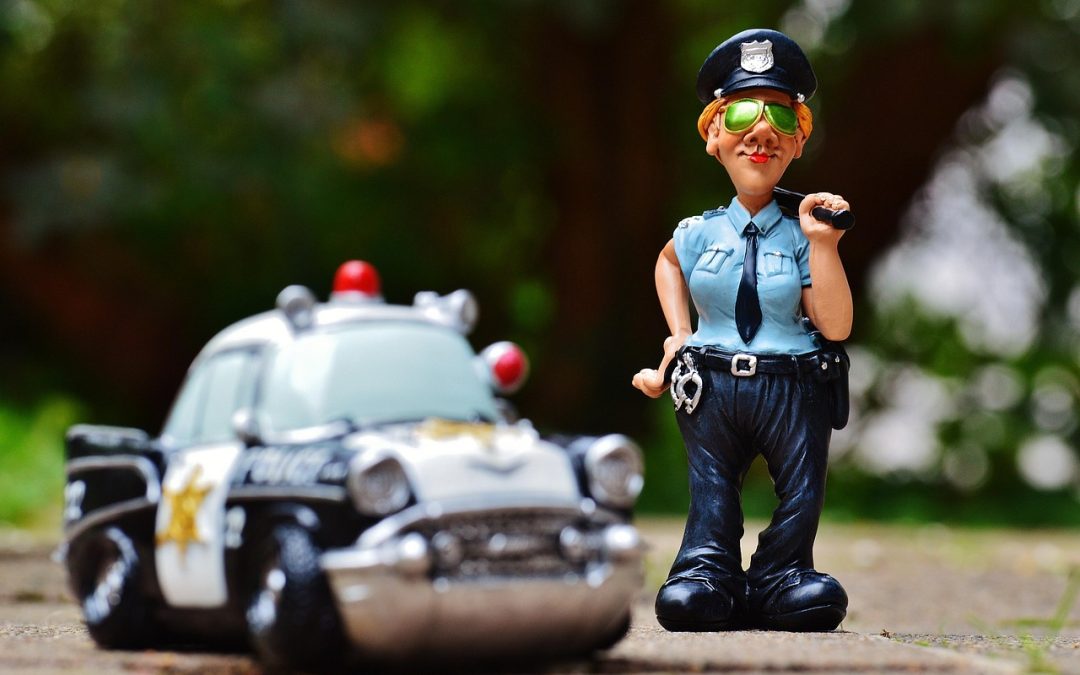When interacting with law enforcement, it’s essential to understand your rights, especially when it comes to recording police activity. This guide aims to empower you with the legal knowledge to assert your rights while prioritizing safety and de-escalation>
Know Your Rights: Recording Police Activity
The First Amendment protects your right to record police activity, as long as you’re not interfering with their duties or breaking other laws. The courts have consistently held that recording officers in public spaces is a constitutionally protected form of free speech and press. This right extends to both citizens and journalists, as long as the recording is done in a manner that doesn’t obstruct or intimidate officers.
The Importance of Safety and De-Escalation
While asserting your rights, it’s equally important to prioritize your safety and de-escalation techniques. Remember, recording police activity is not a provocation or a challenge; it’s an exercise of your constitutional rights. Be calm, respectful, and avoid confrontations. If an officer approaches or questions you, remain polite and cooperative, and clearly state your intention to record the interaction.
Here are some practical tips to keep in mind:
- Record from a safe distance to avoid interfering with police activity.
- Avoid confrontation or argument with officers; instead, focus on calmly stating your rights.
- Keep your hands visible and avoid sudden movements.
- If asked to stop recording, politely state your right to record and ask if you’re free to leave.
- If arrested or detained, remain silent and request a lawyer.
Legal Protections and Limitations
While federal courts have consistently upheld the right to record police activity, some states have specific laws or restrictions on recording conversations. It’s crucial to know your local laws and regulations. For example, some states require consent to record conversations, which may impact your ability to record police interactions. Additionally, stop-and-identify laws that require you to provide identification in certain circumstances.
“The Fourth Amendment protects [people] from unreasonable searches and seizures, and the First Amendment protects freedom of expression, including the right to record police.”
In conclusion, recording police activity is a constitutionally protected right, and understanding your legal protections can help you navigate interactions with law enforcement. Remember to prioritize safety, de-escalation, and assert your rights calmly and respectfully. Stay informed about local laws and regulations, and continue to educate yourself on your rights and responsibilities as a citizen.
The information at Observed.Org may not pertain to every jurisdiction. It is YOUR responsibility to know your rights and observe them. Nothing here should be considered legal advice.

